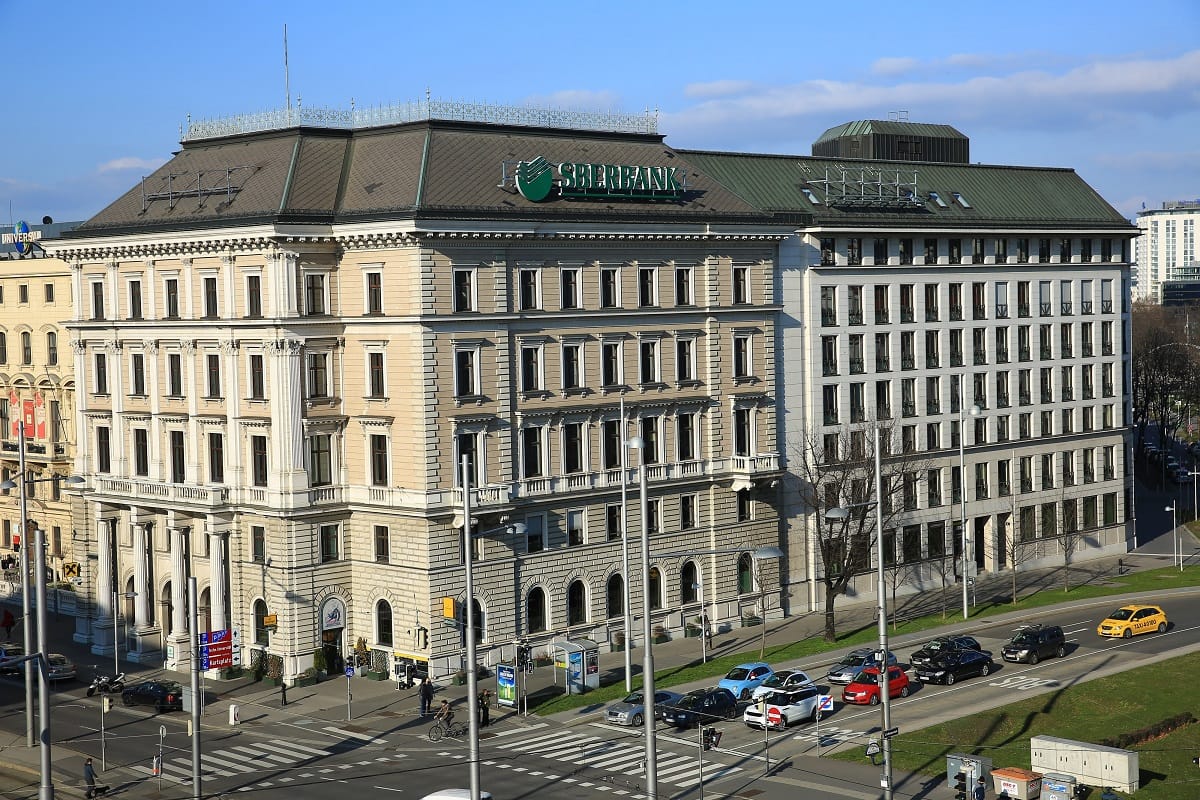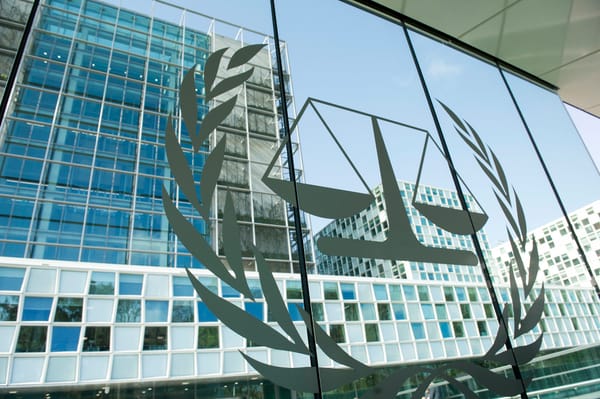
Sberbank leaves Austria, completing EU exit
Russian bank Sberbank announced its complete withdrawal from the European banking market with the sale of its remaining shares in a EU member country on Friday, 16 June, state news agency TASS reported.
As recently as the end of 2020, the bank’s total assets in the bloc totalled EUR 12.94bn, as it operated branches in 8 EU countries, serving approximately 715,000 clients through its subsidiary Sberbank Europe AG.
However, as Russia’s biggest lender, it was subject to Western sanctions soon after Russia’s invasion of Ukraine on 24 February 2022, and relinquished most of its European operations.
Bank officials relieved to close last-minute deal
Remus, an Austrian company controlled by businessman Stefan Zochling, fully purchased the shares of Sber Vermogensverwaltungs AG, formerly known as Sberbank Europe AG. Sberbank did not disclose the price of the transaction but emphasized that it has obtained all the necessary approvals.
The first vice-president of Sberbank, Alexander Vedyakhin said in statement: “the sale of our European subsidiary Sberbank Europe AG to a foreign investor is due to the current situation in the world. We are satisfied with the terms of the deal reached. Sber is concentrating on the development of financial services in Russia, where we have 106 million loyal customers, and in promising friendly countries for us.”
President and Chairman of the Board of Sberbank German Gref underlined the 11th hour nature of the sale: “we jumped out of this asset on the last day. This is the last asset. Thank God, we managed to do it to the day.”
Long goodbye for Russia’s biggest bank
In February 2022, shortly after Russia’s full-scale invasion of Ukraine, the European Central Bank raised concerns about the risk of bankruptcy for Sberbank Europe AG and its subsidiaries in Croatia and Slovenia due to liquidity issues. Consequently, a decision was made to close Sberbank Europe and transfer the Croatian and Slovenian banks to local credit institutions.
Sberbank also announced its intention to exit the European market after facing sanctions, which resulted in a considerable outflow of clients from its European subsidiaries. Some of these subsidiaries, including the Czech subsidiary, subsequently declared bankruptcy.
In September 2022, the bank finalized the sale of its Swiss subsidiary to the investment group m3 Groupe Holding SA. Additionally, the bank announced the sale of its Kazakh subsidiary to Baiterek Holding, with the transaction estimated to be valued between USD 250-425mn. Following the sale, the subsidiary underwent rebranding and started operating under the name Bereke.
Towards the end of 2022, Sberbank reported significant losses of 143.3bn rubles (USD 1.7bn) from discontinued operations and the sale of its EU subsidiaries.
However, earlier in the week Sberbank’s CFO said the Russian economy is growing faster than expected, and the bank expects its net profit this year to exceed the record 1.25tn rubles (USD 14.9bn) it booked in 2021.





